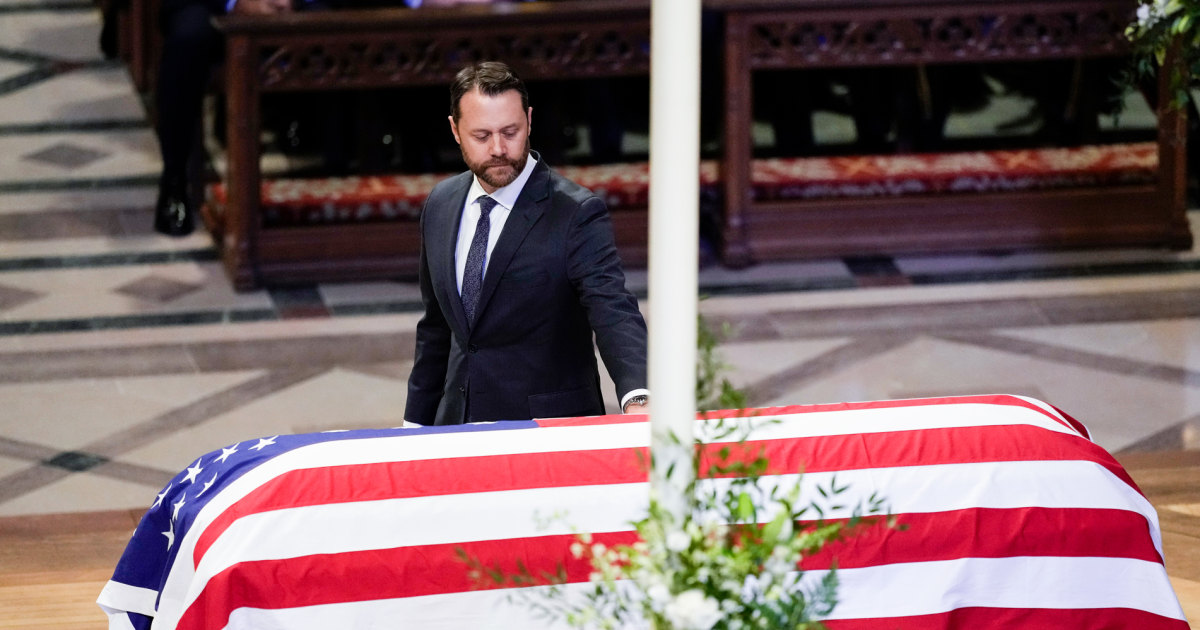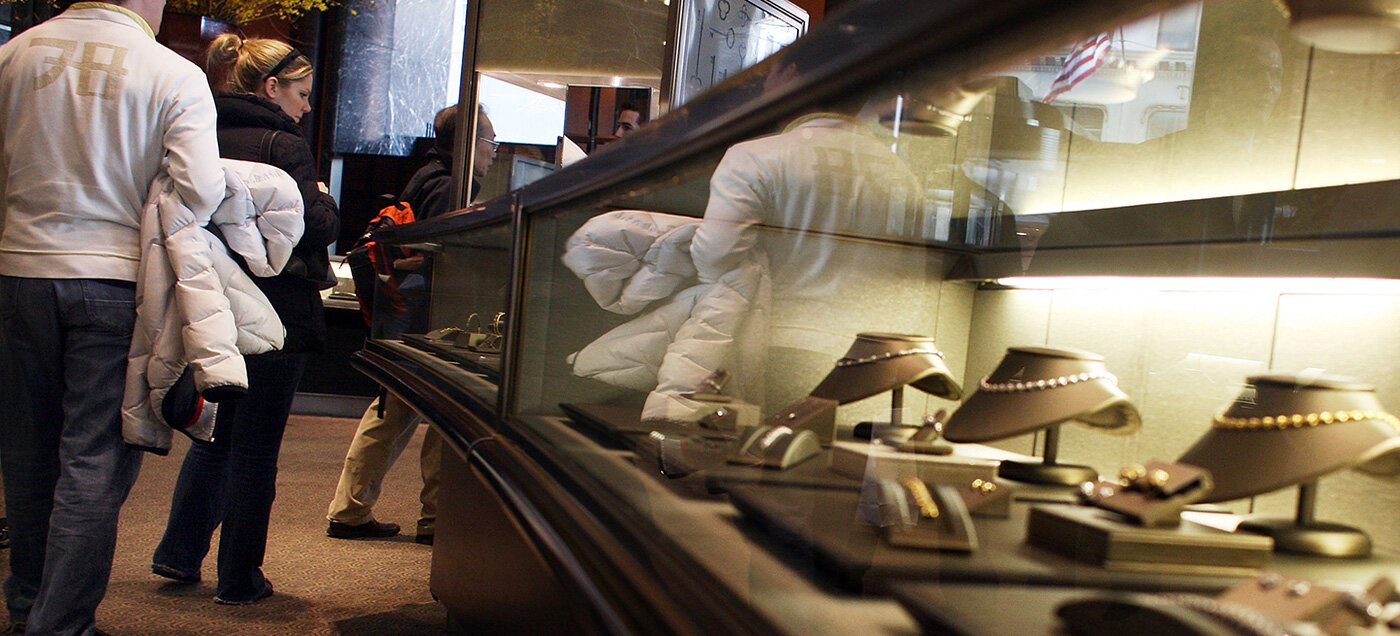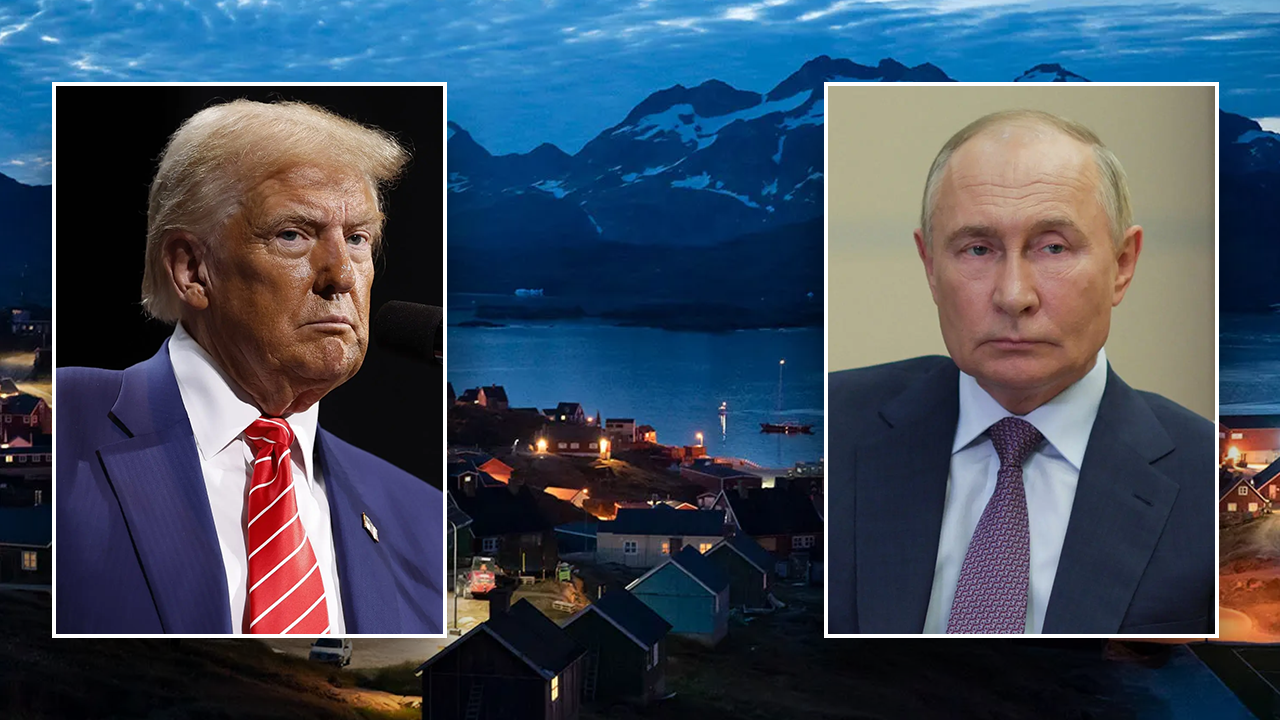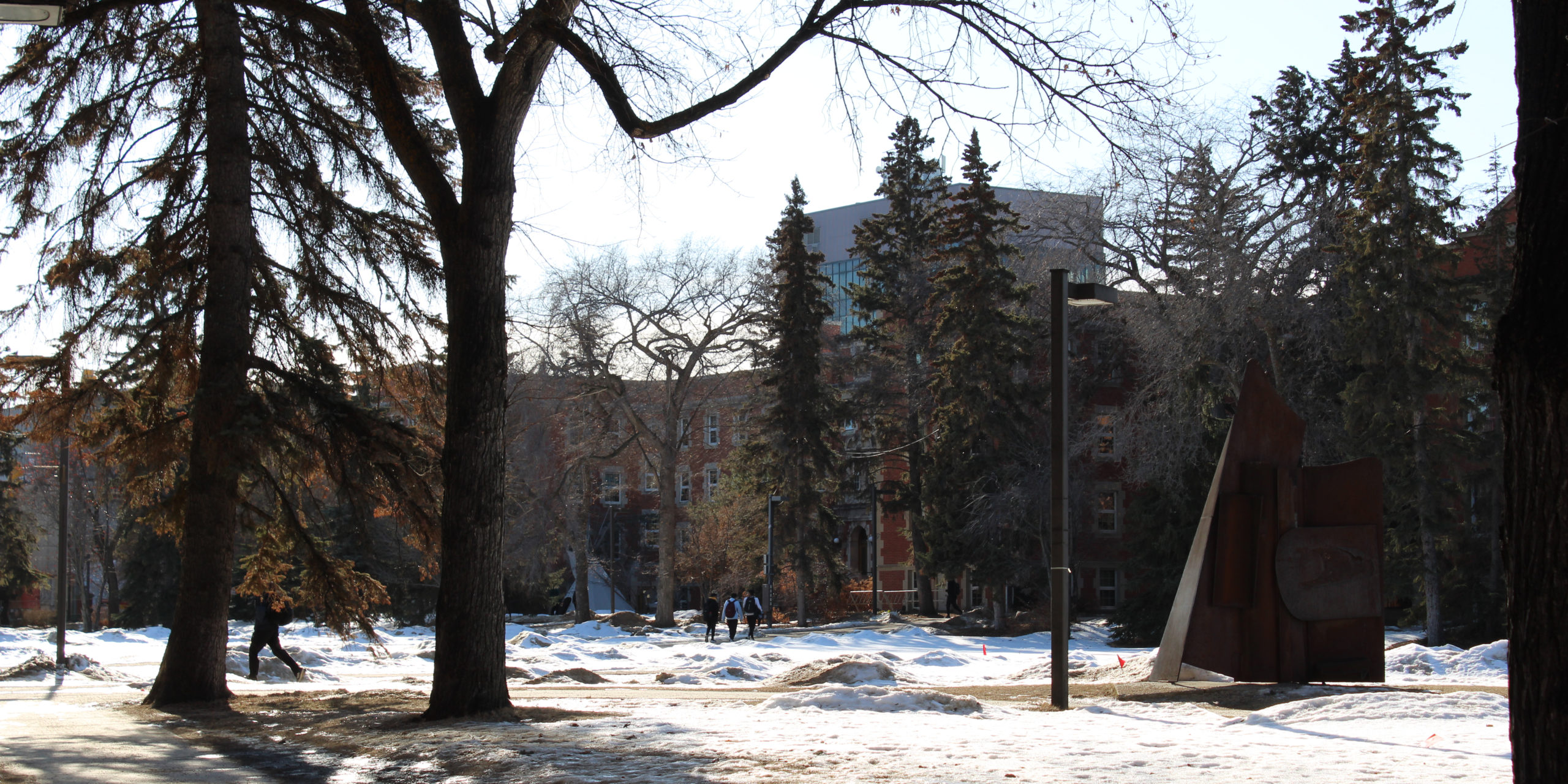World
President Jimmy Carter honored with a state funeral at a Washington cathedral

In a rare show of unity in these tumultuous times, every living American president filed into pews together Thursday to honor one of their own at the funeral for President Jimmy Carter at the Washington National Cathedral on Thursday.
Carter, who died late last month at 100 years old, is being remembered as a compassionate Christian and ahead-of-his-time progressive, despite serving a single term in the White House that was seen as a disappointment at the time.
Under the stained glass and stone filigree of the soaring Neo-Gothic nave, family members and dignitaries recalled private kindnesses and public sacrifices, noting that Carter taught Sunday school at his Plains, Georgia church “every Sunday from World War II to Covid.”
“Carter was farsighted. He put aside his short-term political interests to tackle challenges that demanded sacrifice to protect our kids and grandkids,” said Walter Mondale wrote in a eulogy before his own death in 2021 and that was read Thursday by his son.
Living such a long life meant many of Carter’s contemporaries have already passed, but several had prepared remarks for the occasion years ago.
Ted Mondale noted that “very few people in the 1970s had heard the term climate change,” before recalling how Carter pushed renewable energy, while also noting he was a leader in women’s rights and racial justice.
Stuart Eizenstat, a longtime top advisor to Carter, said his former boss “may not be a candidate for Mount Rushmore, but he belongs in its foothills, making the U.S. stronger and the world safer.”
Together in front rows were presidents and vice presidents, past and present, Republican and Democrat, several of whom have run bitter elections against each other.
Some, like Vice President Kamala Harris, sat quietly looking ahead. While others, like President-Elect Donald Trump and former President Barack Obama, could be seen chatting and even laughing together.
Also in attendance are members of Congress, Supreme Court justices, members of Carter’s administration and foreign dignitaries.
President Joe Biden, who served in the U.S. Senate as a young man when Carter came to Washington, said Carter “taught me that strength of character is more than a title or the power we hold. It’s the strength to understand that everyone should be treated with dignity and respect,” he said.
“To young people, to anyone in search of meaning and purpose, study the power of Jimmy Carter’s example,” Biden continued. “Character, faith, love — a true patriot.”
The funeral, coming just two weeks before Biden is set to hand over power to a political figure he reviles at Trump’s second inauguration, was rare moment for attendees to set aside politics.
“There’s an old line that two presidents in a room is too many,” said the son of the man Carter defeated to win the presidency, former President Gerald Ford, reading a eulogy prepared by his father’s death.
“But we immediately decided to exercise the privilege of former presidents: To immediately forget what either of us said about the other in the heat of battle,” Ford continued. “There is indeed life after the White House.”
Carter understood that, seeing his public image soar during his post-presidency as he threw himself into charitable causes at home and abroad, while continuing to live a relatively humble life with his beloved wife, Rosalyn, who died just a year before him in late 2023.
Follow along for live coverage
Jason Carter spoke of his grandfather as a down-to-earth family man — “just regular folk” — who carried his bags on Air Force One while president and afterward, would answer the door in a T-shirt and Crocs.
“Yes, he lived in the governor’s mansion and in the White House, but that was for a total of eight years,” Carter said. “For the other 92 years, his home was Plains, Georgia, a 600-person village, many miles from an interstate or an airport.”
Politically, he said his grandfather’s values were “not just ahead of their time, they were prophetic.”
In an era when most white Southerners resisted integration, Carter, as governor of Georgia, fought racial discrimination and mass incarceration. He was a “climate warrior,” Jason Carter continued, who protected more public land than any previous president. He wanted to decriminalize marijuana. And he deregulated industries in ways that allowed for the rise of craft beer and cheap airline tickets.
“So, basically, almost 50 years ago, he might have been the first millennial,” the younger Carter joked.
Tributes have been pouring in since Carter’s death on Dec. 29, as his body has made a slow progression through Georgia and Washington to be witnessed by thousands.
Before the funeral, his casket laid in state in the Rotunda of the U.S. Capitol Building, draped with an American flag and resting on the catafalque that once held Abraham Lincoln’s body.
Now, the proceedings will continue to Georgia, where there will be a private family funeral. Carter will then be buried on the grounds of his home in Plains.
Carter was a little-known figure outside his native Georgia before running for and winning the presidency in 1976.
He served only one term, rejected by voters upset about a global oil crisis and the kidnapping of American diplomats by Islamist revolutionaries in Iran.
For decades, the Democrat’s legacy was overshadowed by his successor, Republican Ronald Reagan, who tore up much of Carter’s agenda, including the experimental solar panels Carter had installed on the White House roof to promote alternative energy.
But Carter’s legacy was upgraded over the years in the eyes of historians and the general public, both for his charitable post-presidency, when he devoted himself to causes like Habitat for Humanity, and for the accomplishments of his presidency that are now seen as ahead of their time on issues like civil rights, women’s rights and environmentalism.










